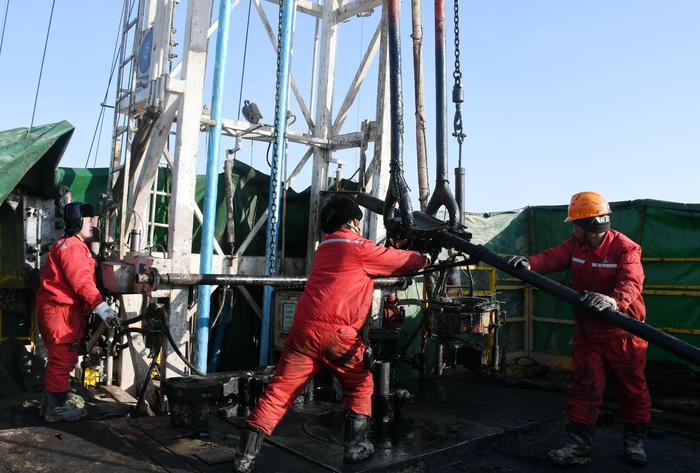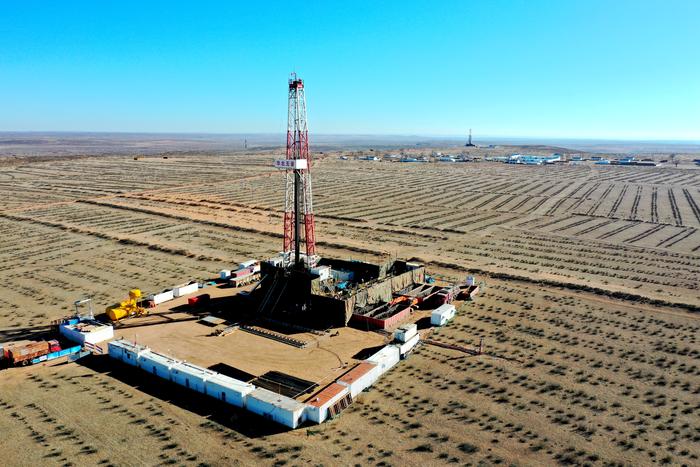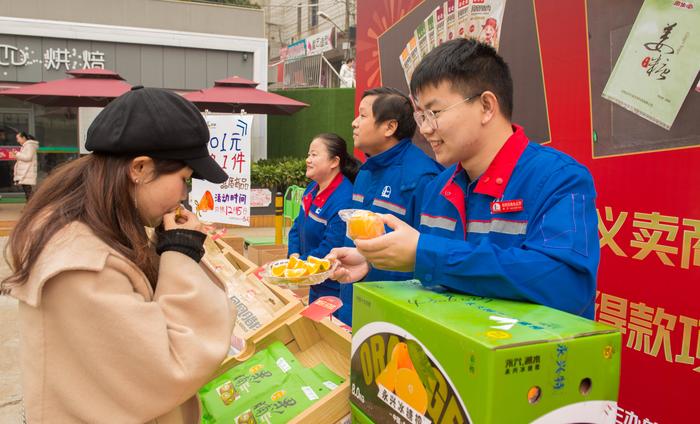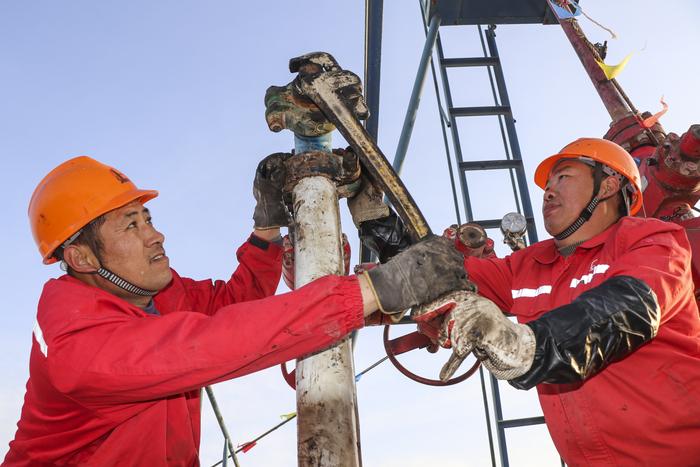|
| 2019-12-20 来源: 中国石化新闻网 |
| 石化新闻 |
中国石化新闻网讯 据世界石油12月19日伦敦报道,BP公司是最新一个宣布将与整个塑料生产价值链上的公司合作以加速改进回收技术的石油巨头。 周四的一份新闻稿称,这家总部位于伦敦的石油巨头与用户和包装制造商组成了一个联盟,以加速将难以回收的塑料垃圾转化为易于再利用的组分方法的商业化。此前,竞争对手道达尔公司上周宣布将与雀巢和玛氏等公司合作,在法国发展一个新兴的化学回收行业。 BP公司石化业务首席运营官Rita Griffin在声明中表示:“这是朝着聚酯工业发展循环经济迈出的令人振奋的一步。但我们知道,我们无法凭一己之力创造循环性。” 这一跨行业合作包括消费品生产商达能和联合利华,以及回收专家ALPLA等合作伙伴。联合利华承诺,到2025年,该公司收集和加工的塑料包装将超过其销售额。 BP已经在研发一种名为Infinia的技术,这种技术可以用于生产聚对苯二甲酸乙二醇酯(PET)。PET通常用于生产特别难以回收的产品,比如软饮料的塑料瓶。该公司还表示,计划在美国投资2,500万美元建立一个试点工厂,以测试该技术的商业可行性。 目前,全球回收的PET塑料瓶中只有12%再次成为新瓶,尽管有超过75%的塑料瓶被回收。BP表示,剩余的用于其他应用,通常在使用后被丢弃。 据彭博社报道,在电动汽车等技术投资开始冲击石油需求之际,预计到2040年,用于制造塑料等产品的石化产品将成为石油需求增长最快的领域。 裘寅 编译自 世界石油 原文如下: BP follows Total in quest to improve recyclability of petroleum-based products BP is the latest oil giant to announce it would join forces with companies across the plastic value chain to speed up efforts to improve recycling technology. The London-based oil major formed a consortium with users and makers of packaging to accelerate the commercialization of methods to turn difficult-to-recycle plastic waste into components that are easy to reuse, according to a press release on Thursday. The move follows in the footsteps of a competitor Total SA, which announced last week that it would work alongside companies including Nestle SA and Mars Inc. to develop a nascent chemical-recycling industry in France. “This is an exciting step towards a circular economy for the polyester industry,” Rita Griffin, chief operating officer of petrochemicals for BP, said in the statement. “But we know we cannot create circularity on our own.” The cross-industry collaboration includes partners such as consumer goods producers Danone SA and Unilever NV, and recycling specialist ALPLA. Unilever has committed to help collect and process more plastic packaging than it sells by 2025. BP has already been working on a technology called Infinia that could be used for polyethylene terephthalate, or PET, which is commonly used in products that are particularly difficult to recycle, such as plastic bottles for soft drinks. The company also said it has plans to build a $25 million pilot plant in the U.S. to test that the technology is commercially viable. Currently, only 12% of the PET plastic bottles collected globally become new bottles again, even though more than 75% are recycled. The remainder is used for other applications that are usually disposed of after use, BP said. At at a time when investment in technologies such as electric cars are starting to hit oil demand, petrochemicals used to make products including plastics are projected to become the greatest growth area for oil demand to 2040, according to BloombergNEF. |








